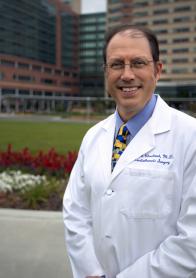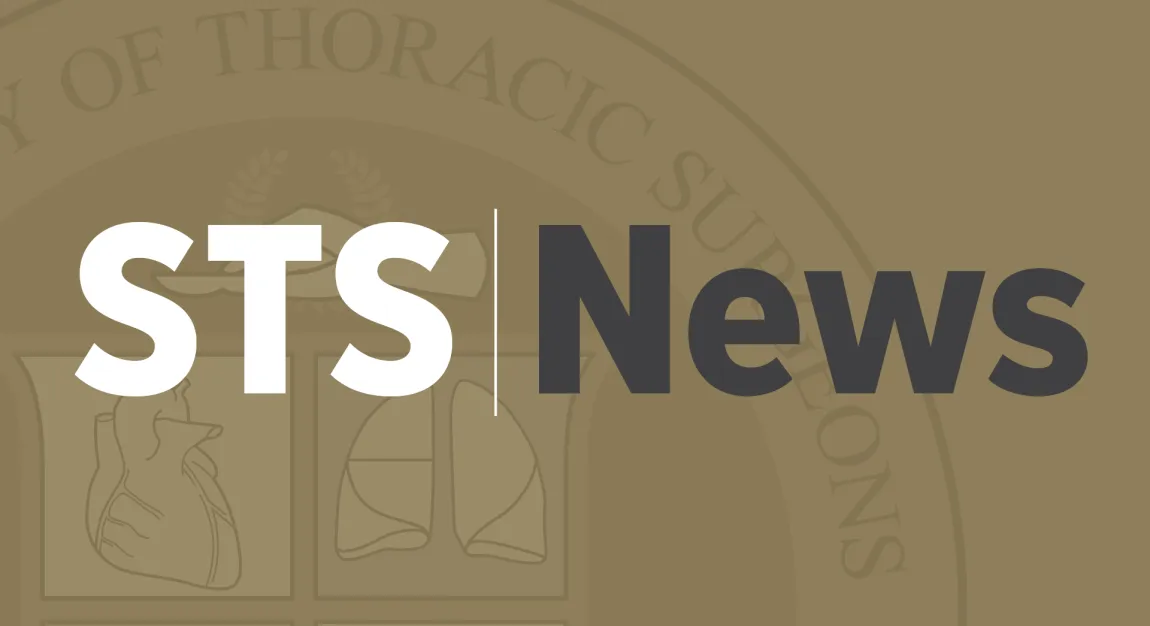
Last month, Congress passed legislation that helps mitigate a nearly 9% cut to Medicare reimbursement for cardiothoracic surgery. Instead, cardiothoracic surgeons will experience a 2.08% decrease in reimbursement—which went into effect Jan. 1, 2023.
While the Society’s goal was to eliminate 100% of the pending cuts, its efforts as part of the Surgical Care Coalition (SCC) succeeded in substantially reducing the impact on surgeons in the interim. Throughout the course of 2022, the Society and its SCC partners engaged with legislators to stop the planned cuts.
“STS members who participated in advocacy efforts this year are to be commended for their contributions toward fixing a broken system,” said STS President John H. Calhoon, MD. “Our work will continue in 2023 or until Congress takes action on developing a long-term solution for Medicare payment.”
“These cuts are not sustainable going forward,” added Joseph Cleveland Jr., MD, chair of the STS Council on Health Policy and Relationships. “A long-term solution to Medicare reform is the most important thing in all of this in order to give cardiothoracic surgeons a degree of financial certainty to operate their practices. We need to be here so that we can take care of all patients with heart disease and cancer when they need us most.”
In addition to the Society’s individual efforts, STS’ legislative advocacy is greatly bolstered by its proactive role in the Surgical Care Coalition, a national coalition of 14 medical associations and societies that collectively represent 150,000 surgeons and anesthesiologists. Targeting Congressional leadership, the Surgical Care Coalition unifies the voice of the surgical profession on policy issues related to patient access and care quality.
In addition to the Medicare cuts that just happened, Dr. Cleveland urges surgeons to think about some of the most profound long-term consequences that loom if drastic Medicare cuts continue; aging Baby Boomers may not be able to find cardiothoracic care if surgeons are forced to limit patients covered by Medicare. Further, he notes that tomorrow’s promising surgeons may choose not to enter the profession because of lengthy training, high educational debt, and unpredictable reimbursement—and patients will ultimately suffer. The US shortage of cardiothoracic surgeons is expected to reach severe levels by 2035, according to estimates derived from the STS Adult Cardiac Surgery Database and the American Cancer Society.
Although any surgeon who serves Medicare-covered patients will be impacted by these latest cuts, Dr. Cleveland adds that surgeons in rural or under-served areas and independent surgeons may be affected most. He urges STS members to take the following actions:
1. Make your views known to your federal and local lawmakers. Tell them that you want to take care of Medicare patients in their districts, but cuts might jeopardize this. Find contact information for members of Congress at congress.gov/contact-us.
2. Contribute to the STS Political Action Committee, which helps get surgeon advocates in front of legislators who can support surgeons. Donations can be made at pac.sts.org.
3. Participate in volunteer health policy work with STS that fits your preferences and time. Explore proactive opportunities at sts.org/advocacy or email advocacy@sts.org.
“If we continue on the current path, we face an unsustainable crisis in providing care to our patients with heart and lung disease,” Dr. Cleveland said.
